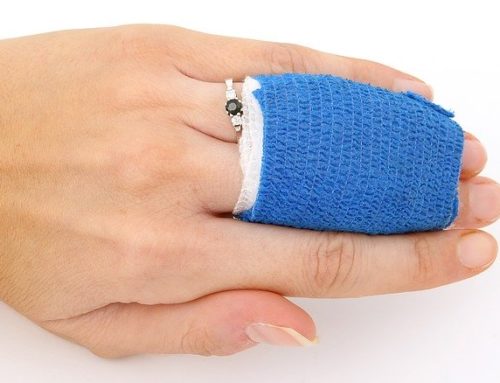Professional standards of nursing conduct tell you to do one thing. Your employer, direct supervisor, or resident expert directs you to do something else.
What do you do?
When in doubt, use professional standards of nursing conduct. Consider this 2018 Delaware case: Delaware Board of Nursing v. Christine Mulry Francis and Angela L. Caldwell Debenedictis.
In this case, a prison head physician directed two nurses to retrieve twelve pills that had spilled onto the floor. They’d originally disposed of the pills in a sharps container per the accepted nursing standard of practice.
The head physician said the pills were expensive (each pill was worth $1000) and that they had to be retrieved. Those pills were then passed on to an inmate. The dangers this posed to the inmate are obvious.
The pharmacist then “eyeballed” pills that had been in contact with saturated wound dressings, discarded hypodermic needles, blood-soaked dressings and diabetic strips. They had, of course, already been on the floor.
The nurses were charged with violating several rules of professional conduct, including a failure to take appropriate action to safeguard a patient from incompetent, unethical, or illegal health practice.
Another example comes from a 2019 case out of Hawaii: Raymond V. Wilcox Memorial Hospital. In this case, the head physician ordered a nurse to administer medication to a patient who was apparently having a psychotic episode. The patient had refused to take the injection.
The nurse gave Raymond the injection. Raymond sued. The nurse was charged with assault, battery, and intentional infliction of emotional distress (IIED).
While these are out-of-state cases, they are demonstrative. It wouldn’t be unreasonable to postulate that the Tennessee courts and the Tennessee State Board of Nursing would make similar rulings in similar cases.
Ultimately, the only person who is responsible for the way a nurse practices is the nurse.
We don’t want to suggest that you should never follow the directives of your supervising physician. In many cases the swift implementation of doctor’s orders is vital to saving a patient’s life.
However, if a doctor’s order offers a clear violation of your standards of professional ethics, you have a duty both to refuse the order and to report the doctor. Common sense would certainly dictate that an order to retrieve pills from a sharps container would be an ethics violation.
You should document the entire interaction, and gather the contact information of any party who might have witnessed the doctor attempting to give you an order.
It’s true that standing up to a doctor who is giving bad orders could cause you to lose that job. Keep in mind that there is a deficit of nurses across the state, and you’re likely to be rehired somewhere else if you keep your license unencumbered. By contrast, being publicly disciplined for a failure to safeguard your patient could result in a “black mark” on your record that makes it impossible to get hired elsewhere.
See also:
What is the Drug Dealer Liability Act?
Understanding Tennessee’s Apology Laws
Why IMLCC Makes a License Defense Attorney an Absolute Necessity for TN Physicians






